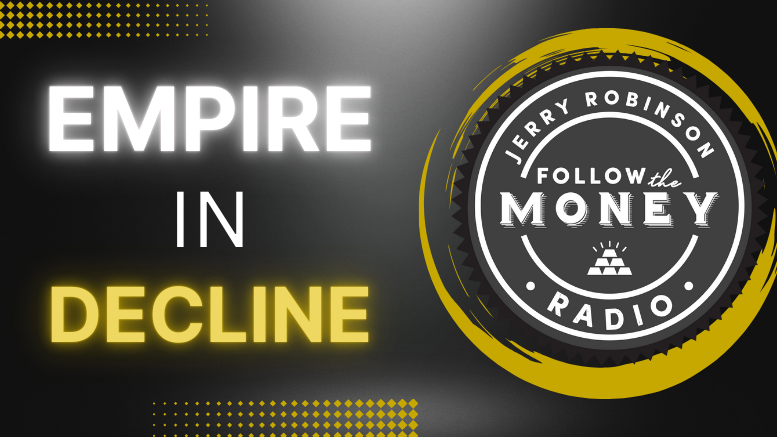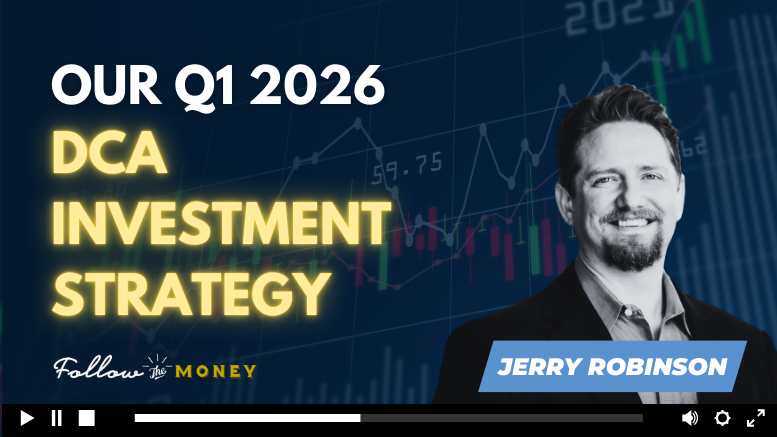Jerry’s Comments: Here’s more proof of the fact that global power shift is gaining speed. The West is suffering a slow and painful death. The Far East is the direct beneficiary. The Middle East can also benefit dramatically if they can learn how to better harness their immense oil wealth as well as to integrate economically and politically. In the meantime, China’s rise to status of global empire is not surprising. They are no stranger in the history of empires.
By Ellen Kelleher in London
Published: June 22 2010 20:32 | Last updated: June 22 2010 20:32
The net wealth of Asian millionaires has eclipsed that of rich Europeans for the first time, largely because of the relative health of stock markets in Hong Kong, India and China last year, according to a new survey.
The annual Merrill Lynch Wealth Management /Capgemini analysis of investors with $1m or more in assets found that as of late last year, there were 3m millionaires in both the Asia-Pacific and Europe. The survey quantified the wealth held in Asia at $9,700bn, compared with $9,500bn in Europe.
Nick Tucker, head of Merrill Lynch Wealth Management’s operations for the UK and Ireland, said: “It’s not a bubble. Asia has caught up with Europe in terms of its high-net worth population and their wealth.”
The survey defines millionaires as people with net financial wealth of more than $1m, excluding their primary residence.
The rise of Asian millionaires is being tracked by the industry that manages the fortunes of rich individuals, with banks moving senior staff to Singapore and Hong Kong to chase new clients.
After taking a hit in 2008 during the financial crisis, the wealth of the world’s millionaires recovered last year with the upswing in stock markets, rising 19 per cent to $39,000bn.
North Americans are still the best-off. At the end of last year, the continent was home to 3.1m millionaires worth $10,700bn.
The US, Japan and Germany produce about half of all millionaires, who were numbered at 10m in 2009. China was ranked fourth, boasting 477,000 individuals with $1m or more in their accounts. India is catching up, having seen the number of millionaires rise more than 50 per cent to 126,756 in 2009.
Though the UK economy shrank, British millionaires swelled to 448,100, up 24 per cent from 2008. Russian millionaires also saw their ranks rise to 117,700.
The Middle East struggled, with the United Arab Emirates losing 19 per cent of its millionaires in 2009 as the Dubai property crisis took its toll.
Investments by the wealthy in fixed-income instruments crept up to 31 per cent from 29 per cent in 2008 and allocations to equities also increased slightly to 29 per cent from 25 per cent in the previous year.
Cash holdings dropped, meanwhile, as investors grew dissatisfied with the poor rates on high street banks’ savings accounts.
Demand for art, coins, antiques and wines picked up again toward the tail end of last year, as the wealthy sought out collectibles with “tangible, long-term” value, the study said.






